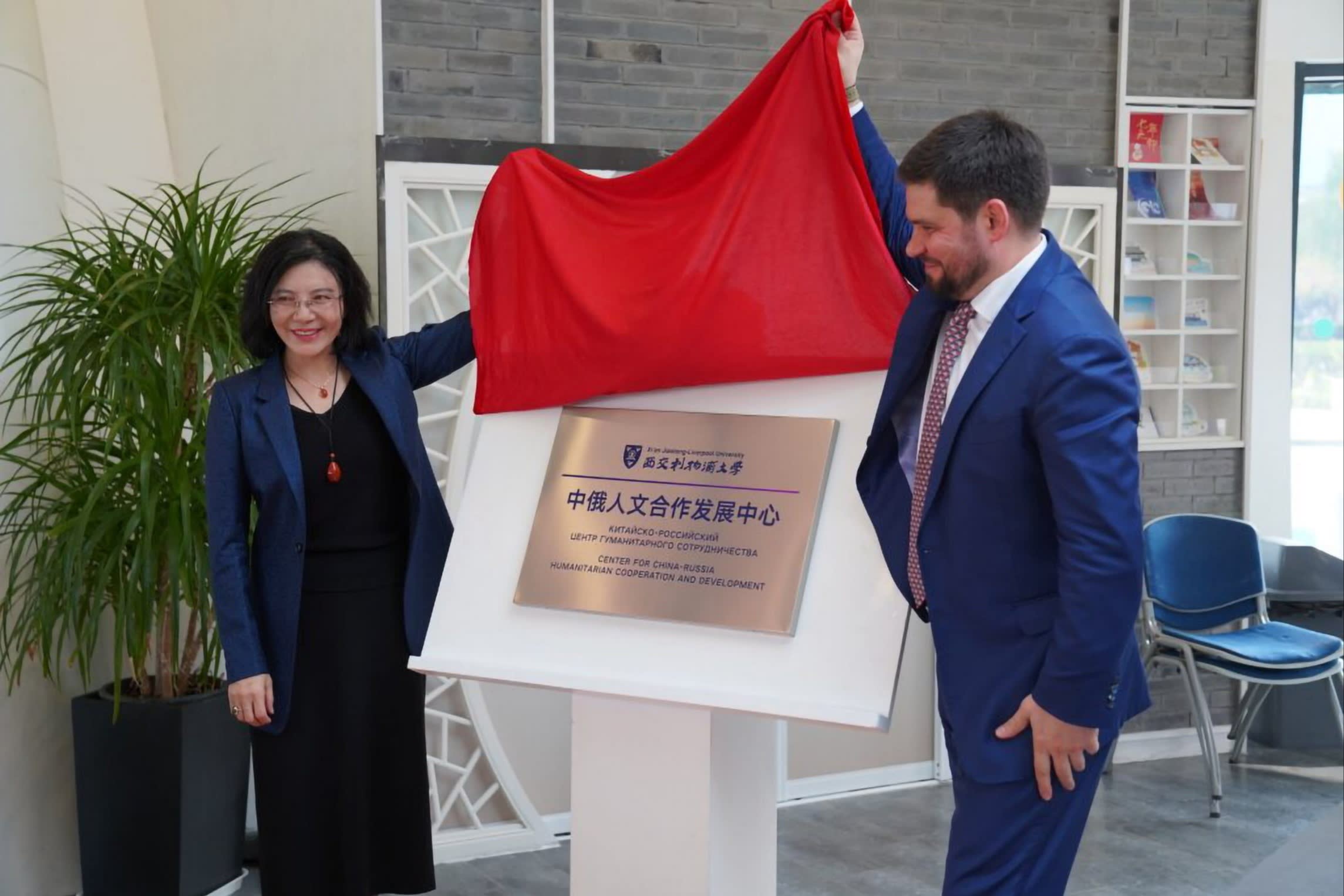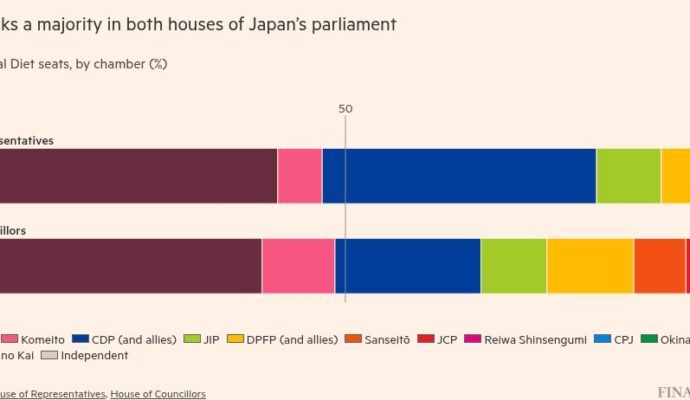Unlock the Editor’s Digest for free
Roula Khalaf, Editor of the FT, selects her favourite stories in this weekly newsletter.
A Chinese university co-founded by the University of Liverpool has close links with entities that are subject to US and EU sanctions, according to an investigation by an Australian think-tank.
Xi’an Jiaotong-Liverpool University, known as XJTLU, includes a Russia-China co-operation centre whose co-director is affiliated with a Russian government agency targeted by the US. It has also engaged in semiconductor research with companies blacklisted by Washington.
The Australian Strategic Policy Institute said a number of XJTLU’s programmes exposed “a set of problematic UK-China-Russia linkages that span sectors including defence, critical technologies, science-and-technology transfer, commercialisation and industry”.
The links highlight the involvement of western academic institutions and Chinese high-tech research, much of which has both civilian and military uses. They also suggest the difficulty of even well-intentioned academic exchange and co-operation in a new era of geopolitical competition.
Liverpool university said the XJTLU programmes had all been rigorously vetted. “All research and research supervision undertaken jointly between the University and XJTLU is subject to our rigorous due diligence policies,” the university said in a statement.
It said Liverpool had “processes to ensure compliance” with UK export controls and national security legislation and engaged “whenever necessary” with British government advisers on research collaboration.

Xi’an Jiaotong University, XJTLU’s co-founding institution, has close links to China’s defence ministry and defence industry, according to ASPI. The university did not respond to requests to comment.
Liverpool is one of Britain’s leading universities and boasts many links to the UK defence establishment. In September 2024, the defence ministers of the US, Britain and Australia announced that the university was an inaugural winner of their joint Aukus Electronic Warfare Innovation Prize Challenge.
Set up in 2006, XJTLU is the largest foreign joint-venture university in China and one of many such joint campuses and institutes formed with US, European, British, Australian and other partners in recent decades.
It has roughly 25,000 students, about the same number as Liverpool, though the UK university said it did not get any revenue from students taught there. Many XJTLU students go on to spend their final two years at Liverpool, paying fees directly to the UK university.

In November last year, XJTLU opened its Centre for China-Russia Humanitarian Cooperation and Development, with Russian and Chinese co-directors, saying it aimed to “provide an innovative platform for collaboration in education, culture, research, arts and trade between the two countries”.
The Centre’s Russian co-director, Artem Semenov, is an adviser to the Moscow regional government and a member of the advisory public council of Rossotrudnichestvo, a cultural exchange agency under Moscow’s foreign ministry.
The EU imposed sanctions on Rossotrudnichestvo in 2022, describing it as “the main state agency projecting the Kremlin’s soft power and hybrid influence”. Semenov could not be reached for comment.
In April, XJTLU launched a research partnership with the National Supercomputing Center in Wuxi, according to the school’s website, one of seven Chinese supercomputing groups added to a US export blacklist in 2021 due to their involvement in China’s military modernisation efforts.
XJTLU’s School of CHIPS, which focuses on research and development of advanced semiconductors, was co-founded in 2019 by a Chinese government research institute, the Shanghai Institute of Microsystem and Information Technology. The institute was last year added to the US blacklist, which bars American companies from exporting technology to targeted entities without a licence.
Liverpool university said it had no involvement in XJTLU’s China-Russia centre or with the US-sanctioned institutions, adding that the joint venture was an independent Chinese legal entity able to choose its own partners “within the confines of Chinese law”.
Liverpool’s vice-chancellor Tim Jones sits on XJTLU board of directors. The UK university declined a request for an interview with the vice-chancellor.
Liverpool university said it had “robust governance processes in place to ensure appropriate oversight of activities at [XJTLU], including teaching and how we collaborate on areas of research”.


